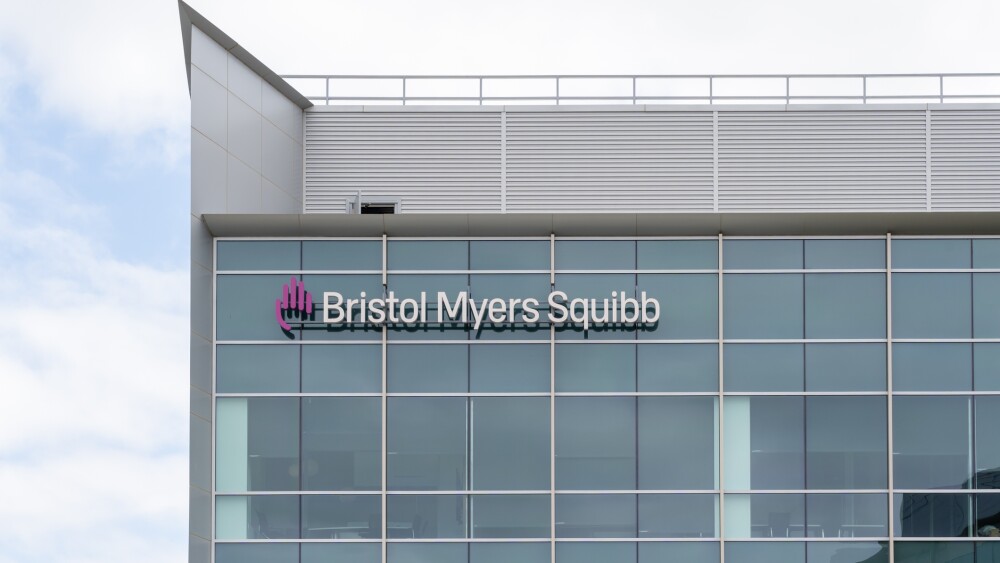MALVERN, Pa., Feb. 15 /PRNewswire-FirstCall/ -- Novavax, Inc. announced today that it has entered into a collaborative research agreement with researchers at the University of Pittsburgh School of Medicine to evaluate the efficacy of virus-like particle (VLP) influenza vaccines as well as Novasomes, a proprietary adjuvant.
Under the new agreement, scientists at the University of Pittsburgh in conjunction with professionals at Novavax, will evaluate the full range of immunity elicited by influenza VLP vaccines developed at Novavax. In addition, scientists will evaluate the use of Novasomes to augment and/or broaden the overall protective immune response elicited by vaccines and to demonstrate the ability to lower the dose of antigen required to provide protection against influenza virus infection. This preclinical data will supplement recent data published in collaboration with the Centers for Disease Control and Prevention showing Novavax influenza VLP vaccines can elicit a protective immune response. Principal investigators for this agreement are Rick A. Bright, PhD, Vice President of Vaccine Research at Novavax, and Ted M. Ross, PhD, assistant professor of medicine with the University of Pittsburgh School of Medicine's Division of Infectious Diseases. Dr. Ross has many years of experience in evaluating immune responses in preclinical models for various influenza and HIV vaccines, including VLP-based vaccines. He is a respected leader in his field and has established animal models to assess both cellular and humoral immune responses to antigens.
Commenting on this research collaboration, Dr. Ross said, "We are pleased to collaborate with Novavax in this important research showing the breadth and depth of the immune response raised with their VLP vaccines for influenza. This approach has great potential for improving on the efficacy of currently available influenza vaccines, as well as for offering a practical solution to the need for rapid development and production of a vaccine for pandemic influenza. Since the Salk polio vaccine was declared safe, effective, and potent here at the University of Pittsburgh, we have remained a leader in developing vaccines for human use."
"Consistent with our strategy of collaborative research for pandemic influenza vaccine development, I am excited to be working with two scientific teams experienced in evaluating influenza vaccines to investigate the advantages of Novavax's VLP vaccine in eliciting a broad protective immune response to influenza virus," said Dr. Rick Bright. "Dr. Ross and the University of Pittsburgh are recognized leaders in vaccine development and offer expertise and facilities that are ideal for evaluating the efficacy of VLP vaccines as well as Novasomes in augmenting the immune response to various antigens. We are confident studies performed through this collaboration will further strengthen our published data showing that Novavax's influenza vaccines can produce a protective immune response. They will be undertaken in parallel with other pre-clinical studies required before human testing, currently planned for later this year. Coupled with our unique ability to scale-up the manufacturing process of VLP vaccines to meet the surge capacity required in the event of an influenza pandemic, demonstration of an enhanced immune response will position VLP vaccines as an important new option to prepare for a potential pandemic outbreak."
About Virus-Like Particle (VLP) Technology
Novavax's VLP vaccine approach uses recombinant DNA technology to create components of the influenza virus in structures optimized to elicit a protective immune response. The three dimensional virus like structures are designed to give protection without the risk of infection and without the addition of chemical adjuvants. Novavax's proprietary process produces vaccines aseptically, reduces contamination risk and leads to high, cost- effective yields.
About the University of Pittsburgh
The University of Pittsburgh, in conjunction with the University of Pittsburgh Medical Center (UPMC), is a world leader in Clinical and Biomedical research. Surgeons Thomas Starzl and Henry Bahnson performed the world's first double transplant operation. UPMC performs more types of organ transplants than at any other institution.
In Biomedical Research, the University of Pittsburgh ranks in the top ten for attracting research funding from the National Institutes of Health. Between 1995 and 2002, research money given to the university increased by 82 percent, for a total of $425 million. The National Institutes of Health (NIH) have been particularly generous to the University of Pittsburgh, which is a reflection of national prominence of its researchers. The University received more NIH bioengineering grants than any other institution. Nationally, the Graduate School of Public Health ranked 3rd in NIH funding, the School of Pharmacy ranked 6th, the medical school is ranked 12th.
In 2005, the University dedicated the opening of the $205 million, 10- story Biomedical Science Tower 3 (BST3). The BST3 houses the Drug Discovery Center and the new Center for Vaccine Research for the development of drug therapies, vaccines, regenerative medicine, and other therapies. The more than 330,000 square feet of research space in the building houses 50 research groups comprising more than 500 scientists, students, and staff. The University of Pittsburgh will continue its history of attracting top-tier scientists and producing groundbreaking research.
About Novavax, Inc.
Novavax, Inc. is a product development company focused on the research, development and commercialization of products utilizing its proprietary drug delivery and biological technologies for large and growing markets. Novavax's drug delivery technologies include the micellar nanoparticle (MNP) technology which is the basis for the development of its first FDA-approved product, ESTRASORB. In addition to MNP, Novavax drug delivery technologies include Novasomes(R) (paucillamellar non-phospholipid liposomes) and Sterisomes(R) (subcutaneous depot injection). Novavax's vaccine technologies include its virus-like particle (VLP) manufacturing technology utilizing the baculovirus expression system in insect cells, as well as novel vaccine adjuvants based on Novasomes and dendrimer technologies.
Forward-Looking Statements
Statements made in this press release that state Novavax's or its management's intentions, hopes, beliefs, expectations, or predictions are forward-looking statements. Forward-looking statements include but are not limited to statements regarding usage of cash, product sales, future product development and related clinical trials and future research and development, including FDA approval. Novavax's actual results could differ materially from those expressed in such forward-looking statements. Such forward-looking statements involve known and unknown risks, uncertainties and other factors which may cause the actual results, performance or achievements of the Company, or industry results, to be materially different from those expressed or implied by such forward-looking statements. Such factors include, among other things, the following: general economic and business conditions; ability to enter into future collaborations with industry partners; competition; unexpected changes in technologies and technological advances; ability to obtain rights to technology; ability to obtain and enforce patents; ability to commercialize and manufacture products; ability to maintain commercial-scale manufacturing capabilities; results of clinical studies; progress of research and development activities; business abilities and judgment of personnel; availability of qualified personnel; changes in, or failure to comply with, governmental regulations; the ability to obtain adequate financing in the future through product licensing, co-promotional arrangements, public or private equity financing or otherwise; and other factors referenced herein. Additional information is contained in Novavax's annual report on Form 10-K for the year ended December 31, 2004 and quarterly reports on Form 10-Q for the quarters ended March 31, 2005, June 30, 2005 and September 30, 2005, incorporated herein by reference. Statements made herein should be read in conjunction with Novavax's annual and quarterly reports filed with the SEC. Copies of these filings may be obtained by contacting Novavax at 508 Lapp Road, Malvern, PA 19355, Tel 484-913-1200 or the SEC at http://www.sec.gov.
Novavax, Inc.CONTACT: Kathy Hamilton, Investor Relations, Novavax, Inc.,+1-484-913-1213, KHamilton@novavax.com; or Jim Swyers, Senior ScienceWriter, News Bureau, University of Pittsburgh Medical Center,+1-412-647-3555 or SwyersJP@upmc.edu
Web site: http://www.novavax.com//




